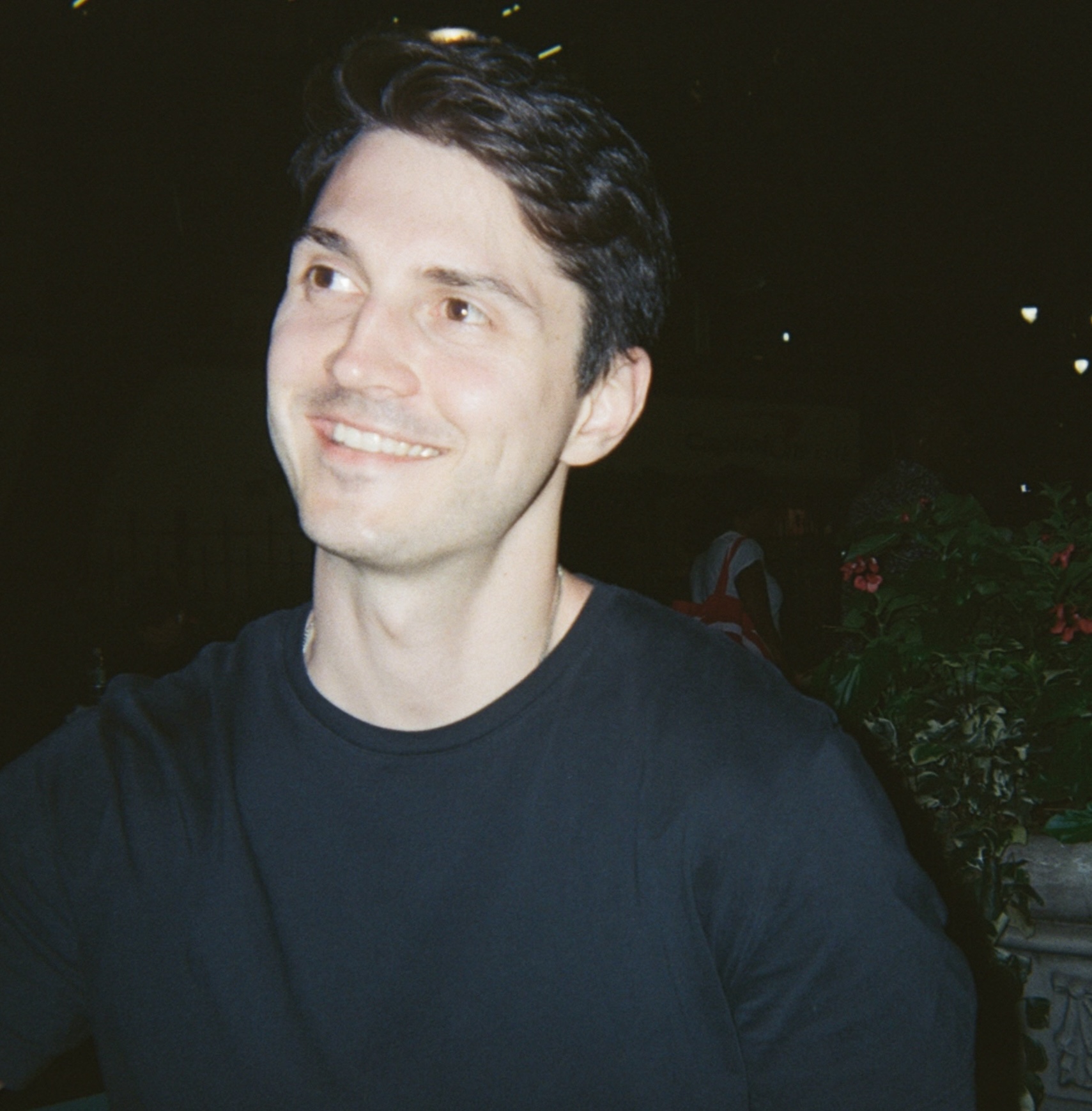About
I am a PhD student in the Machine Learning Group within the Computational and Biological Learning Lab at the University of Cambridge, supervised by Richard Turner. I am also working as an external research collaborator at Meta Superintelligence Labs (Infrastructure Optimizations) with Hao-Jun Michael Shi. I am broadly interested in better understanding and improving deep learning. Currently, I work on neural network training algorithms and dynamics.
During my PhD, I have interned at Meta twice (FAIR in New York and AI & Systems Co-Design in Menlo Park), where I worked with Aaron Defazio and Hao-Jun Michael Shi. In my second year, I received the Qualcomm Innovation Fellowship.
Previously, I obtained an MSc in Machine Learning from the University of Tübingen and worked as a research assistant in the Methods of Machine Learning group led by Philipp Hennig. I received a BSc in Cognitive Science from the University of Osnabrück and spent my final year as an intern in the Approximate Bayesian Inference Team led by Emtiyaz Khan at RIKEN AIP in Tokyo.
Publications
* / † / ‡ indicate equal contribution. See my Google Scholar page for a potentially more complete list.Kronecker-factored Approximate Curvature for Linear Weight-Sharing Layers
Runa Eschenhagen
MSc Thesis, University of Tübingen, 2023
Natural Gradient Variational Inference for Continual Learning in Deep Neural Networks
Runa Eschenhagen
BSc Thesis, University of Osnabrück, 2019
Purifying Shampoo: Investigating Shampoo's Heuristics by Decomposing its Preconditioner
Runa Eschenhagen, Aaron Defazio, Tsung-Hsien Lee, Richard E. Turner, Hao-Jun Michael Shi
NeurIPS 2025 (spotlight)
Better Hessians Matter: Studying the Impact of Curvature Approximations in Influence Functions
Steve Hong, Runa Eschenhagen, Bruno Mlodozeniec, Richard E. Turner
Mechanistic Interpretability Workshop, NeurIPS 2025 (spotlight)
Position: Curvature Matrices Should Be Democratized via Linear Operators
Felix Dangel*, Runa Eschenhagen*, Weronika Ormaniec, Andres Fernandez, Lukas Tatzel, Agustinus Kristiadi
Preprint, 2025
Influence Functions for Scalable Data Attribution in Diffusion Models
Bruno Mlodozeniec, Runa Eschenhagen, Juhan Bae, Alexander Immer, David Krueger, Richard Turner
ICLR 2025 (oral)
Accelerating neural network training: An analysis of the AlgoPerf competition
Priya Kasimbeg*, Frank Schneider*, Runa Eschenhagen, Juhan Bae, Chandramouli Shama Sastry, Mark Saroufim, Boyuan Feng, Less Wright, Edward Z. Yang, Zachary Nado, Sourabh Medapati, Philipp Hennig, Michael Rabbat, George E. Dahl
ICLR 2025
Can We Remove the Square-Root in Adaptive Gradient Methods? A Second-Order Perspective
Wu Lin, Felix Dangel, Runa Eschenhagen, Juhan Bae, Richard E. Turner, Alireza Makhzani
ICML 2024
Structured Inverse-Free Natural Gradient: Memory-Efficient & Numerically-Stable KFAC for Large Neural Nets
Wu Lin*, Felix Dangel*, Runa Eschenhagen, Kirill Neklyudov, Agustinus Kristiadi, Richard E. Turner, Alireza Makhzani
ICML 2024
Kronecker-Factored Approximate Curvature for Modern Neural Network Architectures
Runa Eschenhagen, Alexander Immer, Richard E. Turner, Frank Schneider, Philipp Hennig
NeurIPS 2023 (spotlight)
Benchmarking Neural Network Training Algorithms
George E. Dahl*, Frank Schneider*, Zachary Nado*, Naman Agarwal*, Chandramouli Shama Sastry†, Philipp Hennig†, Sourabh Medapati†, Runa Eschenhagen†, Priya Kasimbeg†, Daniel Suo†, Juhan Bae†, Justin Gilmer†, Abel L. Peirson†, Bilal Khan†, Rohan Anil†, Mike Rabbat†, Shankar Krishnan†, Daniel Snider‡, Ehsan Amid‡, Kongtao Chen‡, Chris J. Maddison‡, Rakshith Vasudev‡, Michal Badura‡, Ankush Garg‡, Peter Mattson‡
Preprint, 2023
Promises and Pitfalls of the Linearized Laplace in Bayesian Optimization
Agustinus Kristiadi, Alexander Immer, Runa Eschenhagen, Vincent Fortuin
AABI 2023
Kronecker-factored Approximate Curvature for Linear Weight-Sharing Layers
Runa Eschenhagen
MSc Thesis, University of Tübingen, 2023
Posterior Refinement Improves Sample Efficiency in Bayesian Neural Networks
Agustinus Kristiadi, Runa Eschenhagen, Philipp Hennig
NeurIPS 2022
Approximate Bayesian Neural Operators: Uncertainty Quantification for Parametric PDEs
Emilia Magnani, Nicholas Krämer, Runa Eschenhagen, Lorenzo Rosasco, Philipp Hennig
Preprint, 2022
Mixtures of Laplace Approximations for Improved Post-Hoc Uncertainty in Deep Learning
Runa Eschenhagen, Erik Daxberger, Philipp Hennig, Agustinus Kristiadi
Bayesian Deep Learning Workshop, NeurIPS 2021
Laplace Redux—Effortless Bayesian Deep Learning
Erik Daxberger*, Agustinus Kristiadi*, Alexander Immer*, Runa Eschenhagen*, Matthias Bauer, Philipp Hennig
NeurIPS 2021
Continual Deep Learning by Functional Regularisation of Memorable Past
Pingbo Pan*, Siddharth Swaroop*, Alexander Immer, Runa Eschenhagen, Richard E. Turner, Mohammad Emtiyaz Khan
NeurIPS 2020 (oral)
Practical Deep Learning with Bayesian Principles
Kazuki Osawa, Siddharth Swaroop*, Anirudh Jain*, Runa Eschenhagen, Richard E. Turner, Rio Yokota, Mohammad Emtiyaz Khan
NeurIPS 2019
Natural Gradient Variational Inference for Continual Learning in Deep Neural Networks
Runa Eschenhagen
BSc Thesis, University of Osnabrück, 2019
